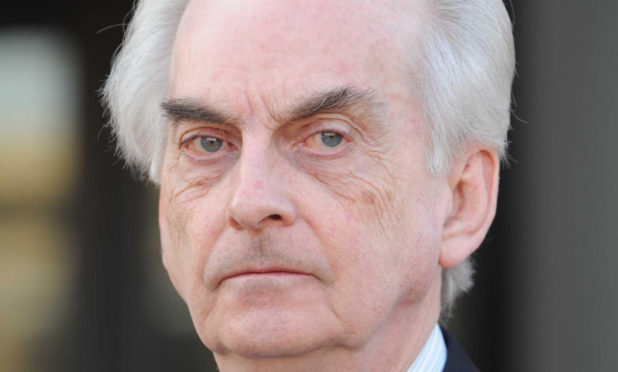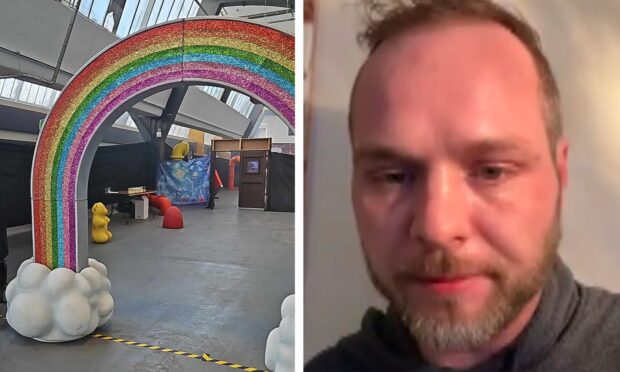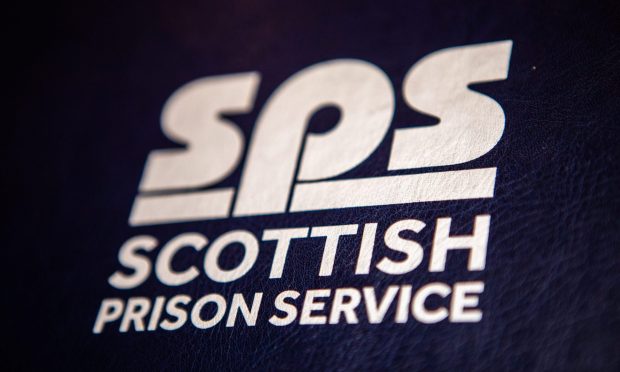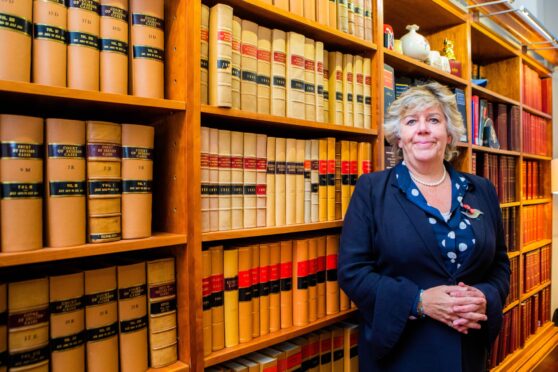A leading bacteriologist says Scotland and the wider UK must “hope for the best but prepare for the worst” as the world battles to contain the spreading Covid-19 coronavirus.
In an exclusive interview with The Courier, Professor Hugh Pennington, emeritus professor of bacteriology at Aberdeen University, said it was currently “anyone’s guess” whether the virus will hit Scotland and only “time will tell” whether outbreaks out-with China can be contained.
He said the Scottish Government and Public Health England were “doing as much as they can” to prepare for what Health Secretary Jeane Freeman described as an “expected” outbreak here.
However, with uncertainty over how long it might take to develop a workable vaccine, he said it was “too early to say” whether an outbreak in Scotland might force the mass closure of public places like cinemas, churches and football stadiums.
“The issue with doing that sort of thing is it’s easy enough to close a school, but it’s a question of when do you open it again?” said Professor Pennington.
“That’s always been the issue. If we go back in history to the Foot and Mouth outbreak – which is a different virus not affecting people – they closed all the footpaths around farms but didn’t have a plan to open them again.
“You’ve got to have a plan to take account of the consequences of what you do.
“I think they are quite reluctant to take those extreme measures unless there is a real need to do it.
“But on the other hand there might be a need to do it because we know schools are a good place for these viruses to get about – certainly for flu – that’s why we started flu vaccination programmes for young kids.
“The problem with this coronavirus is we don’t have a vaccine, we don’t have antivirals. We may get them. We can’t bank on it. We don’t know how long it’s going to take to develop a vaccine, we don’t know how good it’s going to be, and if we do develop one it might be quite expensive as well which is another issue.
“At the moment let’s hope for the best and keep our fingers crossed but prepare for the worst. I think that’s about all one can say.”
Professor Pennington said the hope is that coronavirus behaves like Sars in the sense that it eventually “went away and hasn’t come back”.
But because Covid-19 was only discovered in January, scientists are still trying to predict what’s going to happen.
He is “reasonably certain” that coronavirus will not be as bad as the Spanish flu pandemic of 1918, the deadliest in history, which infected an estimated 500 million people worldwide—about one-third of the planet’s population—and killed an estimated 20 million to 50 million victims.
However, an outbreak here could still potentially “carry off” 15% of over-80s and those with chronic conditions compared with around 1% of the general population, he said, “because that’s what flu does”. The virus could also die down, mutate and return next winter.
“That’s why there’s all this effort going on to stop it getting established,” he added.
“I don’t think we should see this virus any differently from flu in terms of the harm it will cause.
“But on the other hand what we have for flu is a vaccine and antivirals we don’t have yet for Covid-19 which is why containment has to be the number one overriding priority.”
A spokesperson for NHS Tayside said, “We have well-rehearsed procedures in place to deal with the coronavirus, with these having been developed to deal with any such communicable virus.
“We are actively working with colleagues nationally and with the Scottish Government to ensure we are well prepared to address any suspected cases which may present within the region.”
Fife Council’s emergency resiliency manager said the local authority follows NHS Fife and Health Protection Scotland advice while Perth and Kinross Council said: “We have resilience procedures in place to deal with the impact of a communicable disease such as the coronavirus. We are actively working with colleagues locally and nationally to ensure we can be well prepared to address any impact which may arise.”
Train operator ScotRail said it is also regularly “updating its people with the latest public health guidelines”, while a Stagecoach spokesperson said customers can “continue to use our services with confidence” as the advice from government is that the risk in the UK remains low.
A Stagecoach spokesperson said: “As a matter of course, we have a rigorous cleaning regime in place for our buses, coaches and trams, and we have issued reminders to our teams about hygiene good practice.
“We are continuing to monitor the situation closely and have contingency arrangements in place to manage a range of issues which have the potential to affect our operations.
“We will continue to take advice from the public health authorities on any additional measures required, as well as liaising closely with government, key partners and organisations, and our supply chain.”
A spokesperson for Dundee Airport operator HIAL said: “We are liaising with the Scottish Government and all relevant authorities regarding the coronavirus (Covid-19) outbreak and our airport teams are adhering to public health guidelines.”
Chief Medical Officer Dr Catherine Calderwood said: “Scotland is well-prepared for a significant outbreak of coronavirus. However as there is currently no treatment or vaccine, early detection and containment of any positive cases is vital to prevent the spread of any outbreak.
“The Scottish Government is working closely with NHS Scotland and Health Protection Scotland to ensure this. We have a proven track record of dealing with challenging health issues and have public health and infectious disease experts working intensively on these issues.
“The situation continues to change rapidly, so it’s really important people stay up to date with the latest health and travel advice via the NHS Inform website or calling the free helpline. Advice to people returning from countries affected will depend on which regions they have visited.
“More generally, people can prevent the spread of infection by taking the same basic precautions they would to avoid colds or influenza, such as washing hands and covering their nose and mouth with a tissue when coughing or sneezing, then binning it immediately and avoiding touching their face if hands are not clean. “







